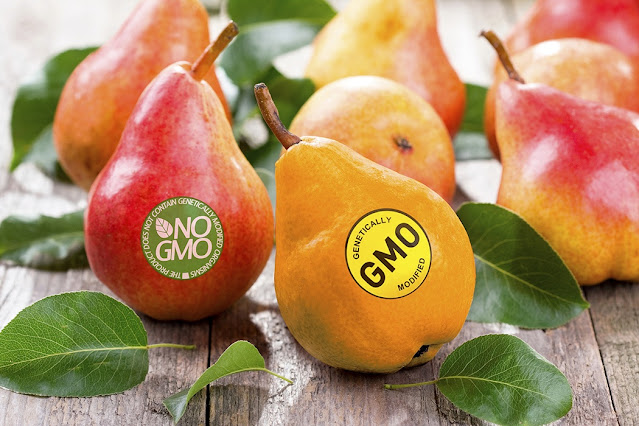Genetically modified crops - the solution for Ethiopia? (Part II)
Not just a ‘quick fix’
Despite the promising future previously discussed, GMO may also come with a number of drawbacks. One of the main considerations that cannot be neglected is the problem of equitability. Despite tremendous progress in attempting to secure food production through GM crops, biotechnology may in fact increase the inequality gap. As the current situation in Ethiopia indicates - only large state-owned farms forming a mere 5% of all Ethiopian farmers gain state assistance and subsidies for GM crops. This leaves the majority of smallholder farmers potentially struggling to benefit and invest in the new and improved maize - further reinforcing the disparity and inequalities that continue to prevail.
On top of the socio-economic concerns surrounding the use of GM crops, they are also considerations around its effects on other Ethiopian agriculture and the environment. Ethiopia remains one of the world’s most diverse agricultural systems, however, this may be put at risk if widespread commercial cultivation of GM seeds overrule traditional Ethiopian farming. This is because there may be cross-pollination of genetically engineered crops with traditional crop varieties, thus potentially diminishing traditional crops and eliminating diversity. There are also potential effects of the gene flow from GM crops that remain uncertain, but may produce new traits in the performance of other crops. As a result, does this mean that in the battle to achieve food security, it comes at the expense of nature?
Looking ahead
Therefore, in looking towards the future of GMOs in Ethiopia, there is an increasing need to have institutional regulation and prioritise national biosafety rules. If GMO crops were to be used at full-scale, there must be assurance that there is minimal effect to neighbouring crop species such as improving agricultural planning or introducing ‘buffer zones’ between field of GM crops and other plantations. This is especially the case in Ethiopia, where crop diversity, its rich genetic resource and indigenous crops should not be so easily compromised.
More importantly, biotechnology is expensive - and must be more accessible for the majority of Ethiopian farmers if they are to reap the benefits. In short, without subsidies for the majority of smallholder farmers, GM crops will not be obtainable. It will be of best interest if agricultural policies allowed for more investment and support for subsistence farmers, so that GM technology can be applied to a more diverse range of agriculture in Ethiopia.
Although TELA maize is currently engineered to be drought-tolerant and pest-resistant, as climate change amplifies extreme weather conditions and droughts, there may be a need for further research and modification for GMOs to tolerate and adapt for the future. Thus, GMOs indeed have a very promising future, but it may require more support and assistance from the government and other organisations for it to reach its full potential in Ethiopia.

Your posts demonstrates a thorough grasp of issues of water and food in Africa with some useful insights. There is engagement with with relevant literature and the referencing is great. It is a well written collection of post that build on one another. The case studies drawn from Uganda and Ethiopia are very useful but what alternatives does low income subsistence farmers have beyond GMO in Ethiopia? Also, has the GERD not helped in imporving irrigation agriculture that will stem food insecurity?
ReplyDeleteHi Clement, thanks for your comment! In Ethiopia, small-scale irrigation is another alternative that can be prioritised to help alleviate poverty and combat the effects of climate change. This is possibly because farmers may use their own techniques and methods to maximise food production. Small-scale irrigation is covered in some of the following blogs, so hopefully that’ll shed more light on the benefits brought by these farmers! Additionally, the GERD may in fact help ease the water crisis in Ethiopia, however, it has also led to a multitude of problems including rising tensions between nations and political conflicts.
Delete